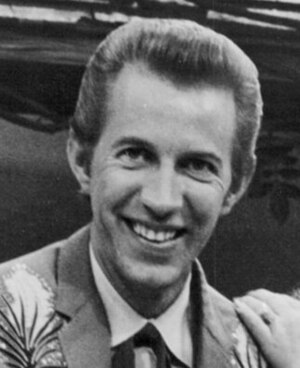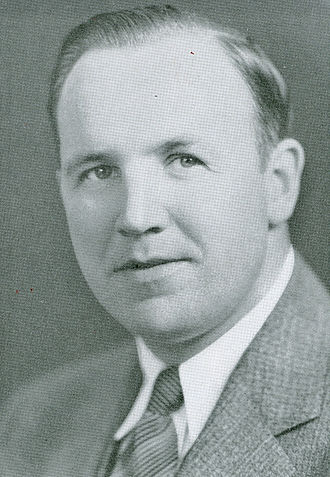Wagoner Last Name Origin, History, and Meaning
Where did the surname Wagoner come from? What does the surname Wagoner mean? Discover the history and meaning of the last name Wagoner and family migration on YourRoots Map.
Surname Wagoner Origin: What does the last name Wagoner mean?
The surname Wagoner, originating from Germany in the early 16th century, is associated with the occupation of a wagon driver or builder. The name has historical ties to Germany but saw significant growth in the United States during the 18th and 19th centuries. By the 20th century, the Wagoner surname became prominent in the United States, reflecting its historical roots and widespread presence.
YourRoots data confirms the early presence of the Wagoner surname in Germany, with records indicating its expansion to the United States in later centuries. Today, the Wagoner surname remains prominent in the United States, reflecting its historical occupation-based origin and the enduring legacy of individuals bearing this surname across generations.
Wagoner Last Name History: Where did the last name Wagoner come from?
Origin of Wagoner Surname: Where does the last name Wagoner originate from?
According to YourRoots data, the surname Wagoner first appeared in records from Germany around the early 16th century. Please note that this reflects only YourRoots data for the exact Wagoner spelling and does not include other record sources or surname variations.
History of the Last Name Wagoner: What does the Wagoner surname history look like in the early days?
The Wagoner surname remained closely associated with Germany in the 16th century, and then saw significant growth in the United States in the 18th and 19th centuries.
Global Spread: Where can we find the Wagoner surname today?
By the 20th century, the volume of records with the Wagoner surname grew significantly in the United States. The Wagoner surname remains prominent in the United States.
Explore Wagoner last name heritage and Wagoner surname origin based on YourRoots Map data
 VIEW THE ORIGIN OF SURNAME WAGONER
VIEW THE ORIGIN OF SURNAME WAGONERFamous People With Wagoner Surame?

Porter Wagoner
Porter Wayne Wagoner (August 12, 1927 – October 28, 2007) was an American country music singer known for his flashy Nudie and Manuel suits and blond pompadour. He introduced Dolly Parton on his TV show, The Porter Wagoner Show, forming a famous vocal duo. Wagoner charted 81 singles and won three Grammy Awards for gospel recordings. His show aired from 1960 to 1981, featuring performances by Norma Jean and Dolly Parton. Wagoner's legacy as "Mr. Grand Ole Opry" and his impact on country music earned him a place in the Country Music Hall of Fame in 2002.

Rick Wagoner
George Richard "Rick" Wagoner Jr. (February 9, 1953 - present) is an American businessman known for his role as the former chair and chief executive officer of General Motors. Wagoner faced challenges during his tenure, overseeing significant losses and controversial decisions, including the discontinuation of the EV1 electric car program. Despite criticism, he made operational improvements and cost-cutting moves at GM. Wagoner eventually resigned in 2009 as part of a government deal to provide the company with further financing. His legacy in the automotive industry is a mix of praise for his efforts to improve the company's operations and criticism for not making drastic changes sooner.

David Wagoner
David Russell Wagoner (June 5, 1926 – December 18, 2021) was an American poet, novelist, and educator known for his deep connection to the natural environment of the Pacific Northwest. His work often reflected his move from the Midwest to the coastal rainforest, sparking a change in consciousness. Wagoner's Collected Poems and novel, "The Escape Artist," received critical acclaim. He taught at the University of Washington for many years and edited Poetry Northwest. His legacy includes numerous awards such as the Pushcart Prize and the Ruth Lilly Poetry Prize. Wagoner's impact on literature and his love for the environment continue to inspire writers and readers alike.

Murray Van Wagoner
Murray Delos Van Wagoner (March 18, 1898 – June 12, 1986) was an American politician who served as the 38th governor of Michigan. Known for his dedication to infrastructure development, he oversaw the construction of the iconic Mackinac Bridge during his tenure. Van Wagoner also played a role in addressing financial deficits, reorganizing civil service systems, and supporting the war effort. Despite facing electoral defeats, he continued to serve in various roles, including as a military governor in Bavaria. His legacy is honored through the Murray Van Wagoner Transportation Building and a portrait at the Michigan State Capitol.

Jarom Wagoner
Jarom Wagoner is a politician and city planner from Idaho. He was born in Rexburg and has a degree in business administration, finance, and economics. Wagoner has served as a city planner for various organizations before becoming the Mayor of Caldwell, Idaho. He also served as a Republican member of the Idaho House of Representatives. Wagoner and his wife Lisa live in Caldwell with their three sons.
All images displayed on this page are sourced from Wikipedia or Wikimedia Commons.We use these images under their respective Creative Commons or public domain licenses. Wherever applicable, author attributions and license information are provided. If you believe an image is used incorrectly or outside its license terms, please contact us so that we can review and correct the issue.




.png)